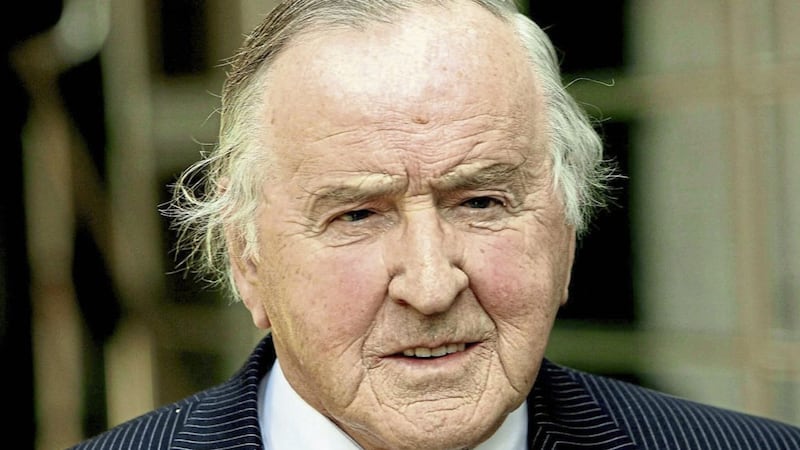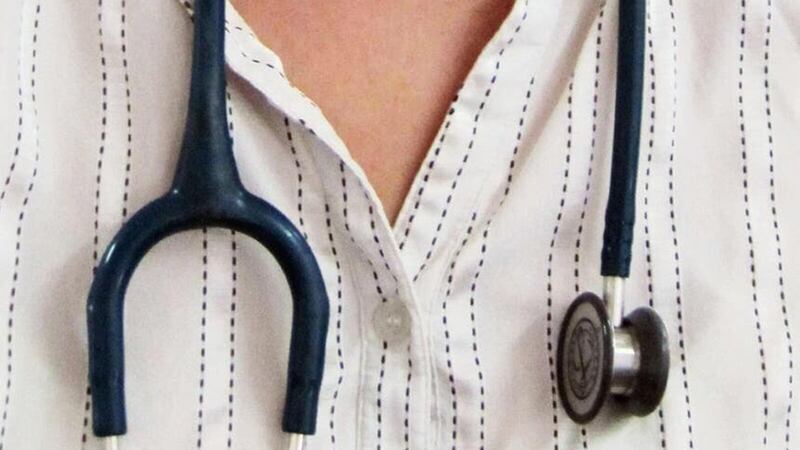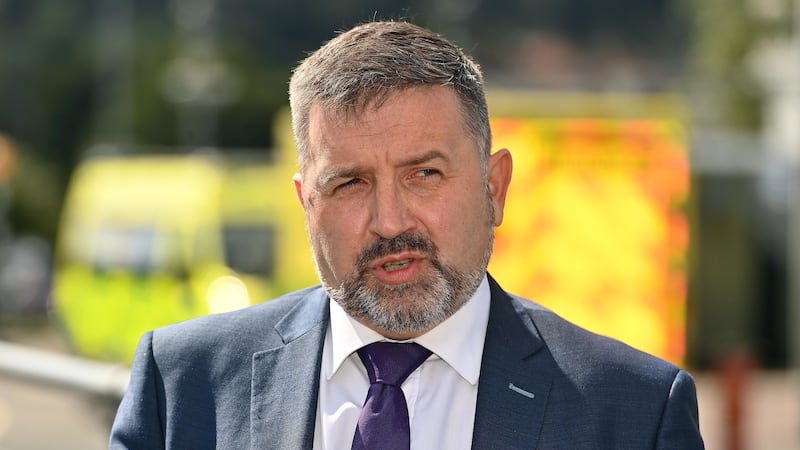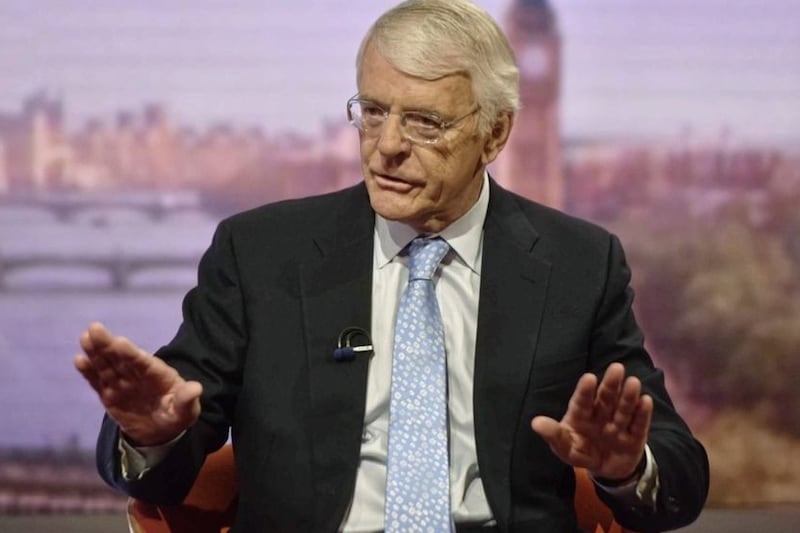FORMER Taoiseach Albert Reynolds was nominated for the Nobel Peace Price in January 1995 - just weeks after the collapse of his Fianna Fáil-Labour coalition government.
Mr Reynolds, the Fianna Fáil leader, served as taoiseach between February 1992 and December 1994.
Fianna Fáil members of his cabinet nominated Mr Reynolds for the prize, according to a memo from a British diplomat to officials in the Northern Ireland Office.
They asked that Mr Reynolds be nominated along with SDLP leader John Hume and British Prime Minister John Major for their work on the peace process.
According to the memo, the British embassy first heard of the nomination at a meeting of EU Ambassadors in Dublin.
Some diplomats reported that they had received letters from Mr Reynolds to their heads of government asking them to nominate the former taoiseach.
Many felt that these were "a practical joke", the memo read.
The British Embassy did not receive a letter from Mr Reynolds and the British official wondered whether "in view of their close relationship", the former taoiseach had approached Mr Major directly.
In a separate January 1995 letter, the British Ambassador in Dublin told Foreign Secretary Douglas Hurd that Mr Reynolds should be praised for helping to achieve the republican and loyalist ceasefires of August 1994.
"We owe Reynolds a great debt for his espousal of the Downing Street Declaration of December 1993 and the pressure he exerted on PIRA in 1994," the ambassador wrote.
"When most others lost faith, he persisted. The direct result was PIRA’s decision in August to cease violence. His actions to bind the leadership into politics – lifting the broadcasting ban and welcoming (Gerry) Adams in Dublin only days after the ceasefire have been criticised, but they have worked."








